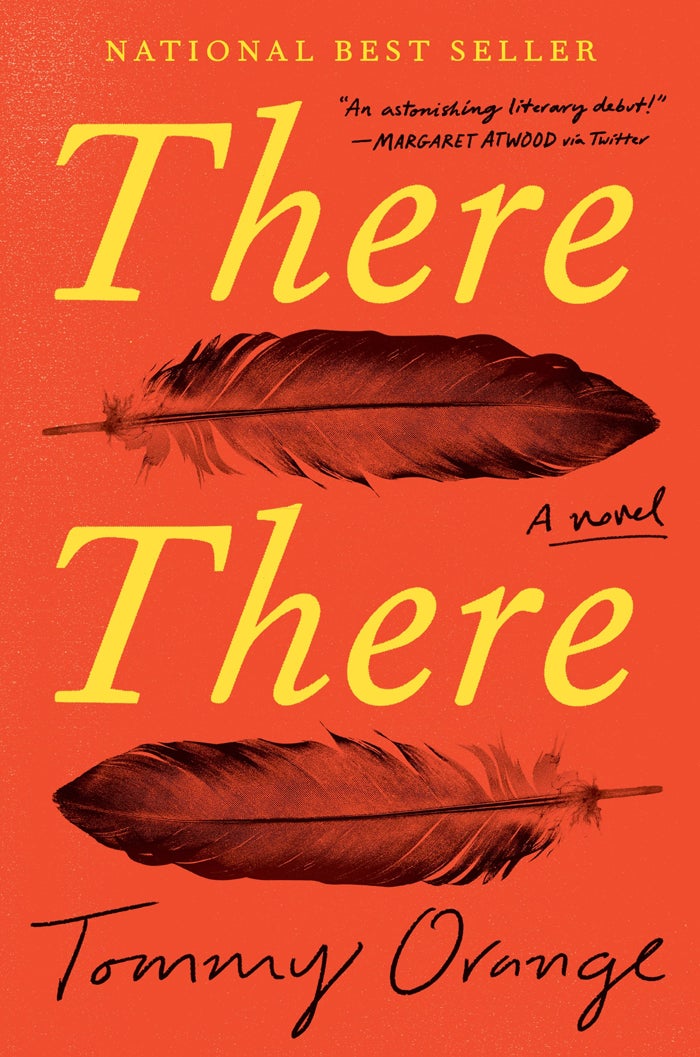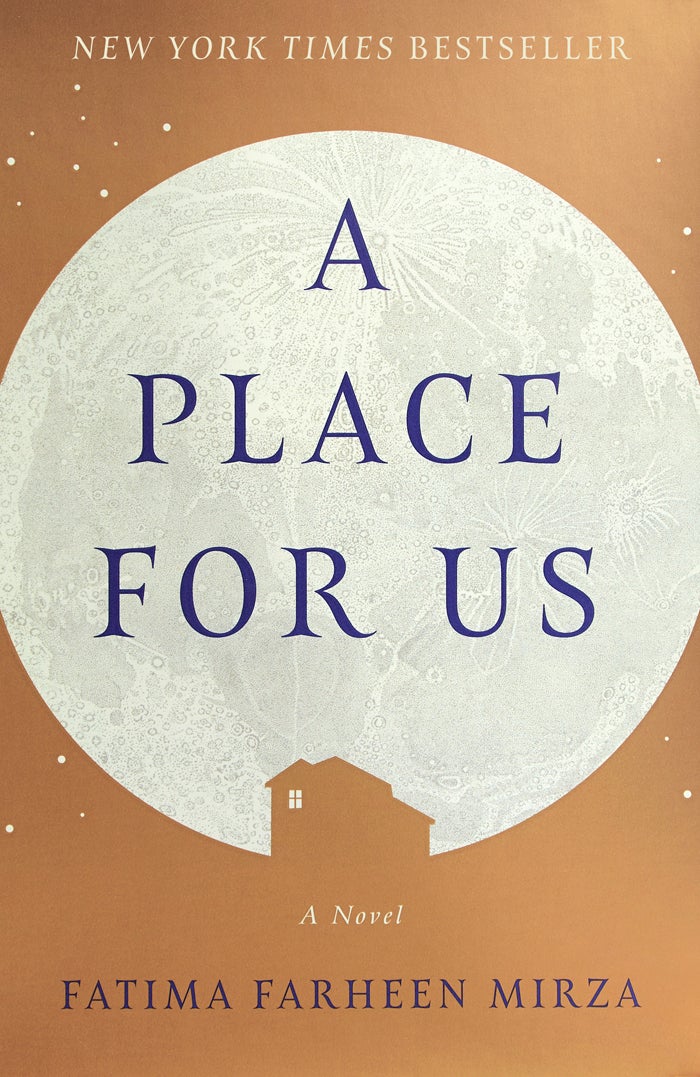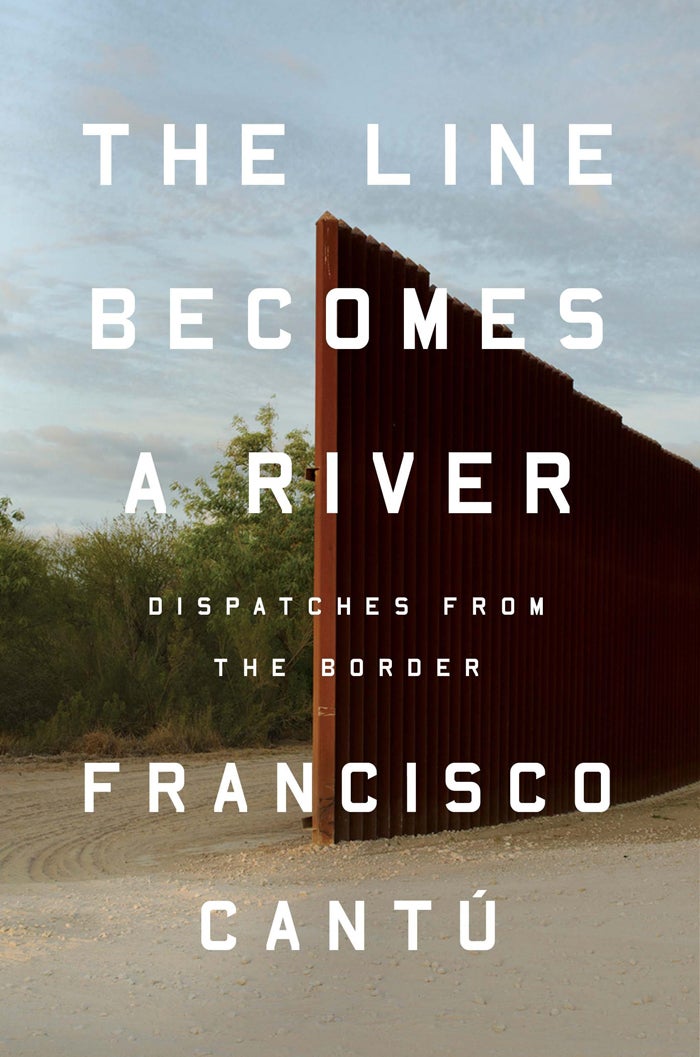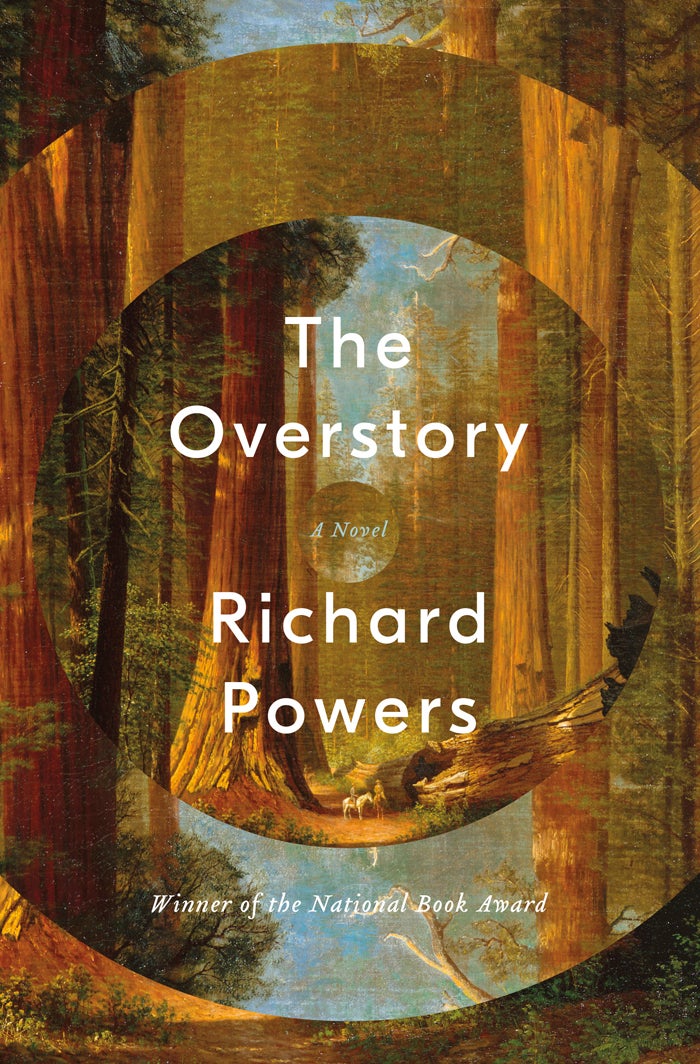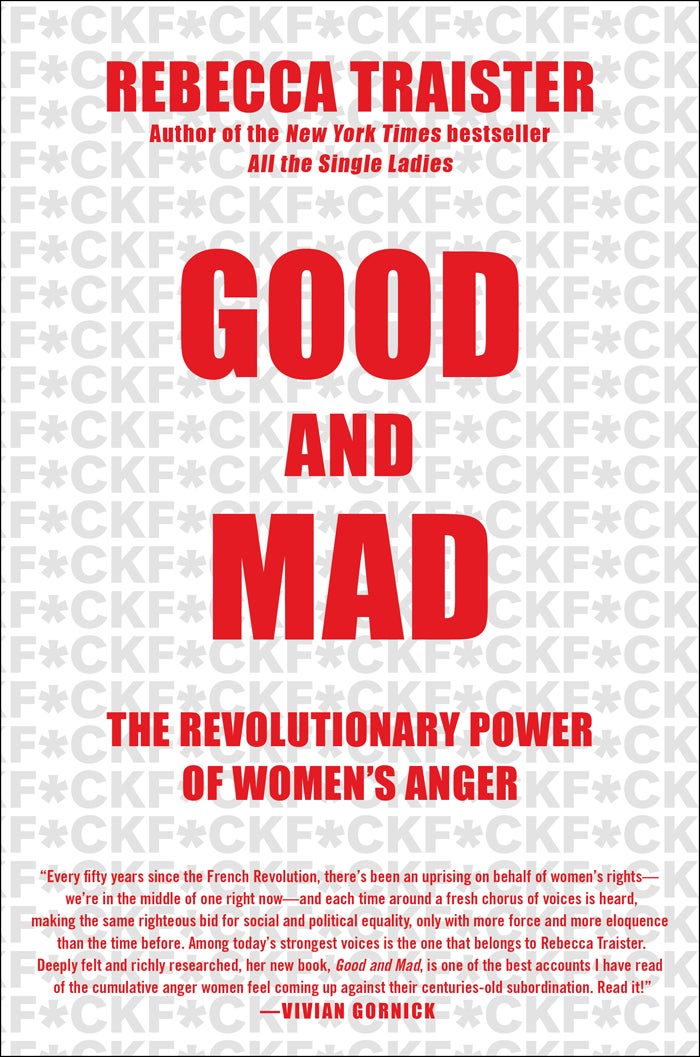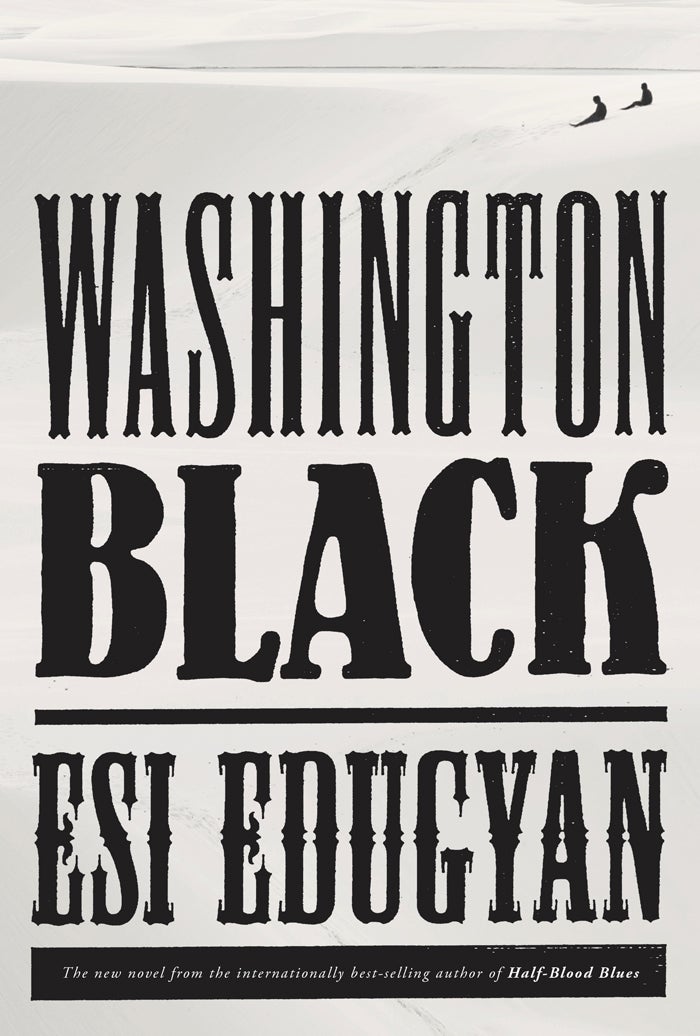Washington Post’s Top 10 books of 2018
Published 12:00 am Sunday, November 25, 2018
The Washington Post has already chosen the top 10 books of the year, and there’s somethng for just about everyone.
“Good and Mad: The Revolutionary Power of Women’s Anger,” by Rebecca Traister (Simon & Schuster)
The author of “All the Single Ladies” pays tribute to female rage with a look at the history of women who got things done by publicly expressing their indignation, from the suffragettes to the #MeToo activists who put Harvey Weinstein (among others) out of a job. Of course, society has a complicated relationship with female anger, and Traister delves into that, too, particularly the double standards surrounding our collective acceptance of male aggression.
“The Library Book,” by Susan Orlean (Simon & Schuster)
The New Yorker writer and author of “The Orchid Thief” has written another winner with a narrative that revolves around the devastating Los Angeles library fire that ruined or damaged 1 million books in 1986. But what starts out as a masterfully written tale of true crime turns into a sprawling look at the Los Angeles library system before pivoting into a heartfelt tribute to libraries as institutions devoted to making life better. In other words, it’s every bookworm’s dream read.
—
“The Line Becomes a River: Dispatches from the Border”
By Fancisco Cantú (Riverhead)
In lyrical prose, Cantú captures his experience as a Border Patrol agent in the American Southwest. Even his mother can’t understand why her son, whose grandfather was Mexican, would want to join such an organization, but Cantú can’t be dissuaded. He doesn’t go so far as regretting the decision, but the indignities he witnesses at the hands of his fellow agents leave him forever changed.
—
“The Maze at Windermere”
By Gregory Blake Smith (Viking)
This complex novel takes place in one location – Newport, R.I. – though it also covers some ground with five different narratives spanning three centuries. Those range from the tale of a womanizing tennis player to the writer Henry James as he ponders his creative process. Smith’s talents transcend his ability to interweave these stories in ways that brilliantly echo one another. He also captures with stunning accuracy voices as disparate as a 17th-century Quaker girl and a British officer during the American Revolution.
—
“On Desperate Ground: The Marines at The Reservoir, the Korean War’s Greatest Battle”
By Hampton Sides (Doubleday)
Sides’ meticulously researched account of unlikely survival amid horrifying carnage during the Korean War also serves as a cautionary tale for what happens when an egocentric and paranoid leader refuses to acknowledge reality. In this case, it was Gen. Douglas MacArthur, who remained willfully ignorant when he was tactically outmaneuvered, leaving his men exposed – both to the harsh elements in the Korean mountains and to an onslaught of Chinese soldiers the five-star general should have seen coming.
—
“One Person, No Vote: How Voter Suppression Is Destroying Our Democracy”
By Carol Anderson (Bloomsbury)
In a kind of sequel to her book “White Rage,” Anderson examines voter suppression tactics since the passage of the 1965 Voting Rights Act that, she argues, account for the precipitous decline of black voters in the 2016 election. According to the Emory professor, that drop-off was not a one-time anomaly but rather evidence of a systemic hijacking of our democracy that involved purging voters, gerrymandering, instituting voter ID laws, closing polling places and preventing felons from voting. Her bleak conclusion: “In short, we’re in trouble.”
—
“The Overstory”
By Richard Powers (W.W. Norton)
Powers, who won a National Book Award for “The Echo Maker,” delivers a poignant and urgent ode to trees through the tales of an expansive cast of characters, from a fighter pilot who owes his life to a banyan to a scientist convinced that a forest’s leafy inhabitants are communicating. The plants in this environmental epic aren’t mere window dressing. They’re as sympathetic as the people, which proves to be powerfully galvanizing – and not a moment too soon.
—
“A Place for Us”
By Fatima Farheen Mirza (SJP for Hogarth)
What initially set Mirza’s first novel apart was that it launched Sarah Jessica Parker’s new imprint. As it turns out, the actress has great taste. Those who picked up the book found a beautifully crafted story that begins with the return of a prodigal son, then shifts into an exploration of the dynamics within a Muslim family living in California. Mirza’s book is a promising debut, yes, but that ultimately undersells such a mature examination of what it means to belong.
—
“There There”
By Tommy Orange (Knopf)
This shattering debut by a member of the Cheyenne and Arapaho tribes pulls together divergent tales of modern-day Native Americans in and around Oakland, Calif., to examine the thorny issue of identity – and all the shame and pride it inspires. As characters prepare to converge on a powwow at the Oakland Coliseum – some with nefarious aims – it becomes clear that there’s no single Native American experience, even if so many of those experiences feel informed by a legacy of subjugation.
—
“Washington Black”
By Esi Edugyan (Knopf)
In Edugyan’s third novel, a young slave escapes a brutal existence on a Barbados sugar plantation by hot air balloon, but this isn’t simply a fantastical fairy tale. The story kicks into gear when “Wash” Black floats away with his master’s brother – inventor of the lighter-than-air contraption – but goes on to explore the pair’s freighted dynamic as they travel the world and discover that injustice can never be truly escaped.
—
bookworld@washpost.com



